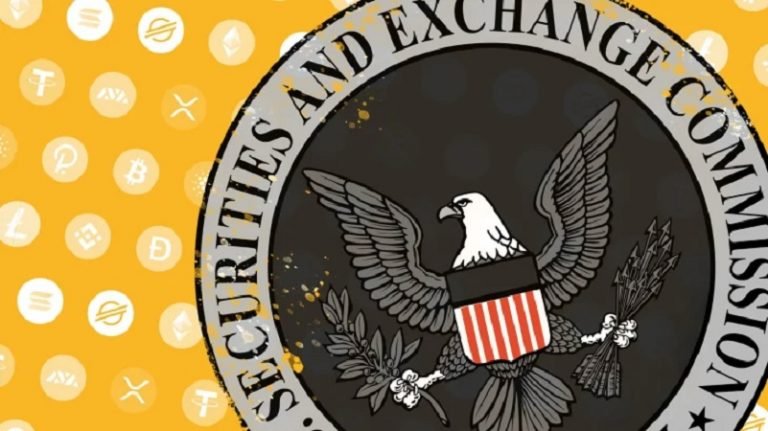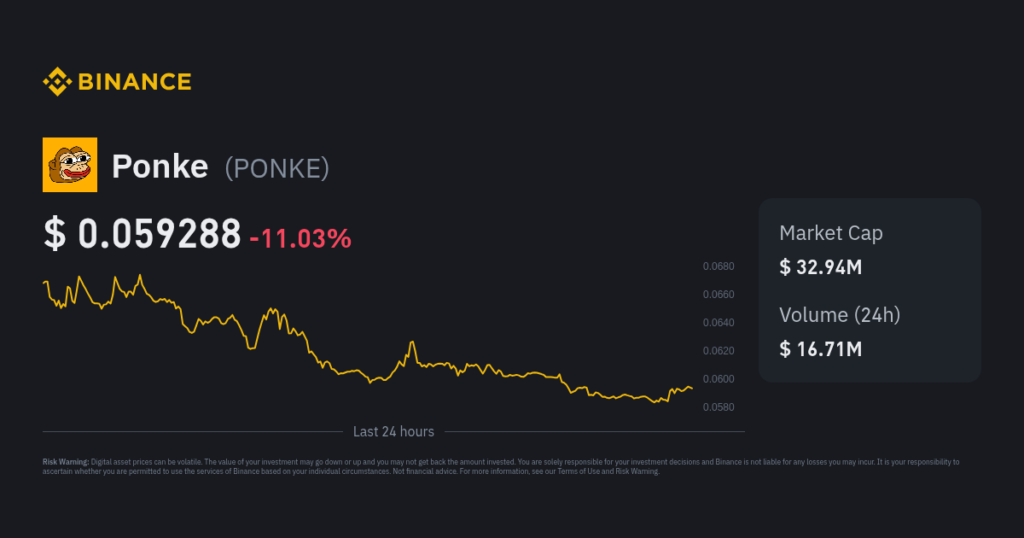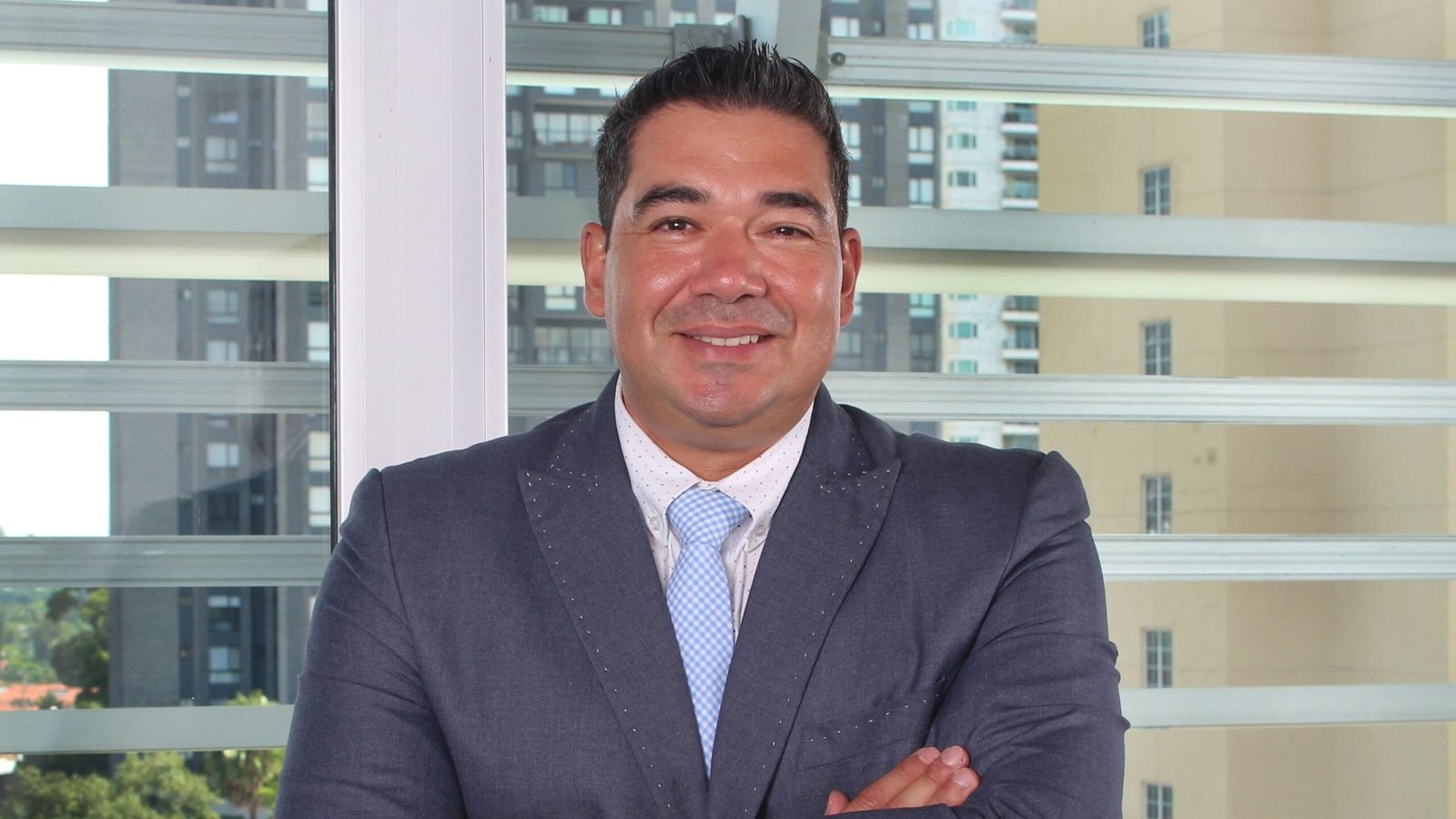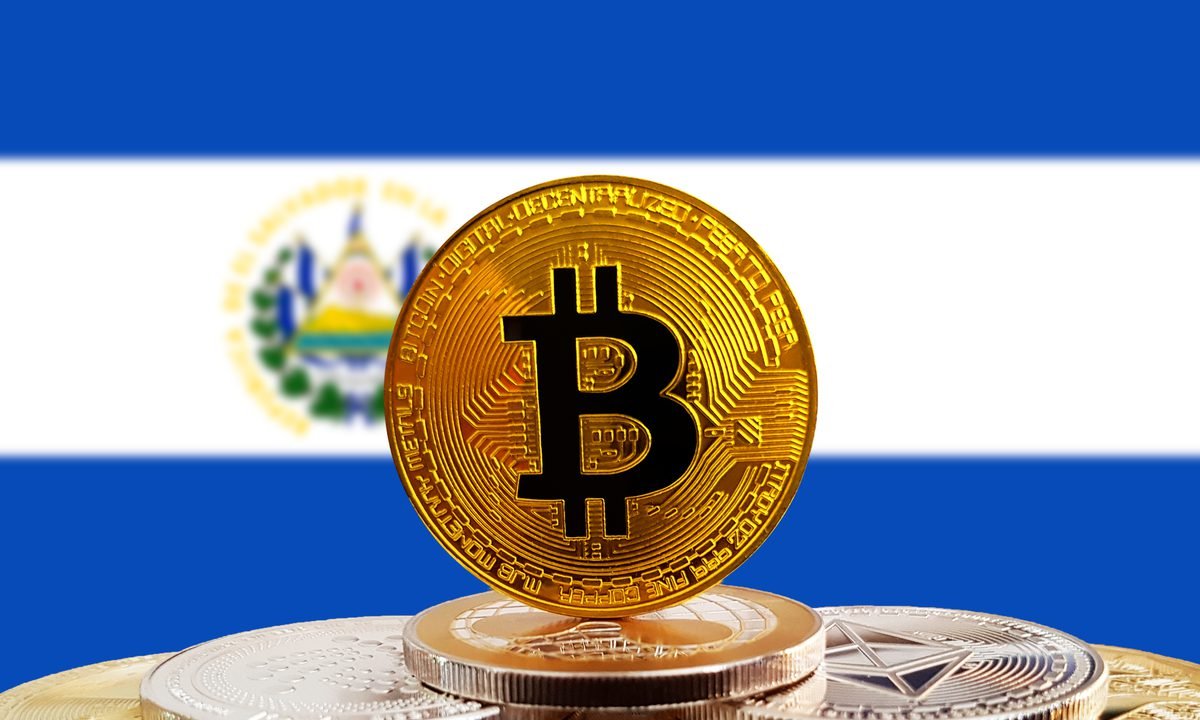SEC to Consider Regulatory Exceptions to Decentralized Finance

The chairmen of both agencies, Paul S. Atkins (SEC) and Caroline D. Pham (CFTC), announced through a statement a joint plan, which includes temporary regulatory exemptions designed to allow decentralized finance (DeFi) projects to operate under more flexible conditions while a definitive regulatory framework is built.
The statement emphasized that “safe regulatory spaces” and exceptions for users trading in DeFi will be evaluated. This could decrease the risk of penalties for interacting with or developing these protocols.
These exceptions would function as “safe harbors” for protocols that facilitate peer-to-peer operations—from spot transactions to leveraged and perpetual contracts—providing a space for innovation with fewer restrictions than traditional frameworks.
Joint statement from @SECPaulSAtkins and @CFTC Acting Chairman Caroline Pham (@CFTCpham):
The work of the SEC and the CFTC has never been more intertwined—and the wave of innovation before us never more dependent on the depth of our cooperation.
Thread 🧵⬇️
— U.S. Securities and Exchange Commission (@SECGov) September 5, 2025
Among the measures under consideration is also the extension of trading hours in the financial markets. This is due to approaching the 24/7 model that already operates in one of the cryptocurrencies, gold, and currencies. Likewise, the design of joint rules for perpetual contracts, which currently only exist on foreign exchanges, is contemplated in order to bring them to a regulated and safer environment for users.
In their statement, the entities remarked that the joint work transcends the regulation of digital assets. Its plans also include the unification of definitions for products and platforms, the standardization of reports and data, and the revision of capital and margin requirements.
More liquidity and consolidate as a leading country in digital finance
Another key point is the analysis of an integrated portfolio margining system. This measure would reduce capital costs and free up liquidity by allowing investors to consolidate collateral in a single entity, instead of keeping it separate in the SEC and CFTC.
The agencies also convened a roundtable on September 29. They will have the participation of experts, regulators, and industry representatives to define priorities and accelerate the adaptation of the financial system to new technologies.
Regulators acknowledged that the lack of coordination in the past created a scenario of uncertainty and discouraged local investment. With the new joint strategy, the goal is to transform that relationship into a source of certainty.
On the other hand, they stressed that self-custody of digital assets will continue to be an essential principle in the United States. With this joint effort, they hope to recover projects that had migrated abroad and consolidate the country as a world leader in cryptocurrencies, blockchain, and digital finance.
The statement comes against a backdrop of further legislative developments, including the recent passage of the GENIUS Act, which set a federal framework for stablecoins, and the CLARITY Act, aimed at providing certainty to the digital asset market.









